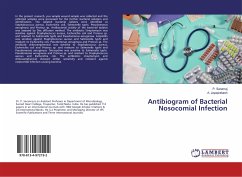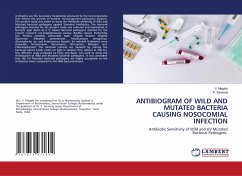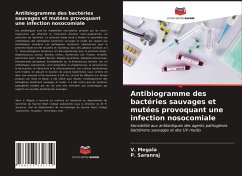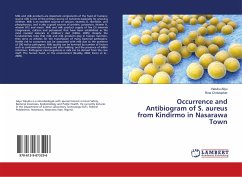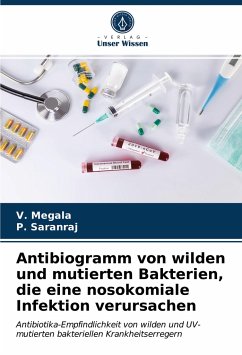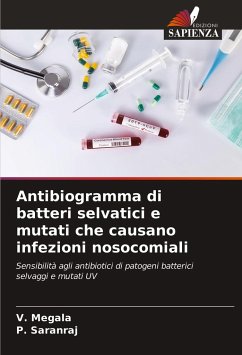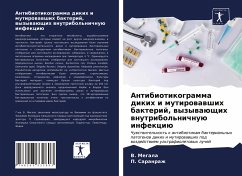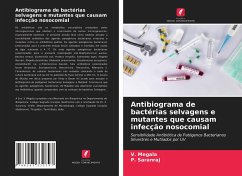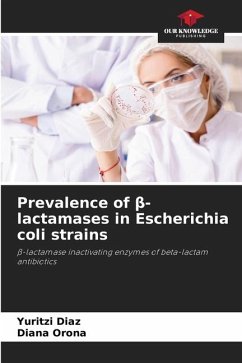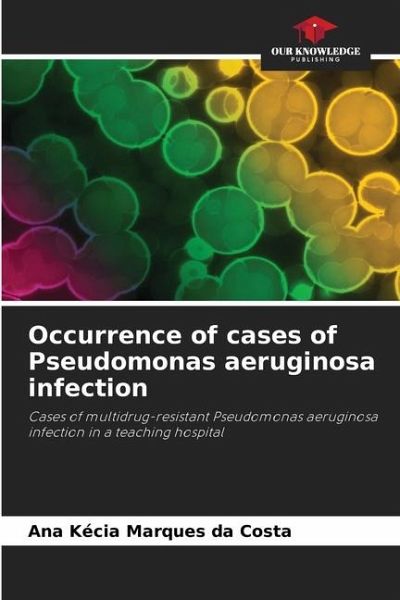
Occurrence of cases of Pseudomonas aeruginosa infection
Cases of multidrug-resistant Pseudomonas aeruginosa infection in a teaching hospital
Versandkostenfrei!
Versandfertig in 6-10 Tagen
27,99 €
inkl. MwSt.

PAYBACK Punkte
14 °P sammeln!
Cases of hospital-acquired infections are on the rise in Brazil and around the world, and are now seen as a risk to the patient's health. These infections can jeopardise the patient's critical condition and in some cases even lead to death. The CCIH (Hospital Infection Control Committee) carries out activities within the hospital environment, working to prevent infections and assessing the correct antimicrobial therapy that the patient needs. Bearing in mind the importance and need to prevent these infections and identify the pathogen responsible for them, it is also important to spread knowle...
Cases of hospital-acquired infections are on the rise in Brazil and around the world, and are now seen as a risk to the patient's health. These infections can jeopardise the patient's critical condition and in some cases even lead to death. The CCIH (Hospital Infection Control Committee) carries out activities within the hospital environment, working to prevent infections and assessing the correct antimicrobial therapy that the patient needs. Bearing in mind the importance and need to prevent these infections and identify the pathogen responsible for them, it is also important to spread knowledge about the main microorganisms that cause hospital-acquired infections, such as Pseudomonas aeruginosa. This bacterium is an opportunistic pathogen that is very common in hospital environments, has the ability to resist humidity and is easily resistant to various antibiotics. By evaluating these characteristics, this project aims to quantitatively identify the strains of Pseudomonas aeruginosa and assess their sensitivity profile.



